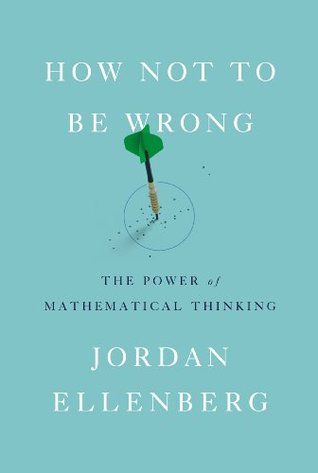One of the first people to think clearly about expected value was Blaise Pascal; puzzled by some questions posed to him by the gambler Antoine Gombaud (self-styled the Chevalier de Méré), Pascal spent half of 1654 exchanging letters with Pierre de Fermat, trying to understand which bets, repeated over and over, would tend to be profitable in the long run, and which would lead to ruin. In modern terminology, he wished to understand which kinds of bets had positive expected value and which kinds were negative. The Pascal-Fermat correspondence is generally thought of as marking the beginning of
...more
Welcome back. Just a moment while we sign you in to your Goodreads account.


